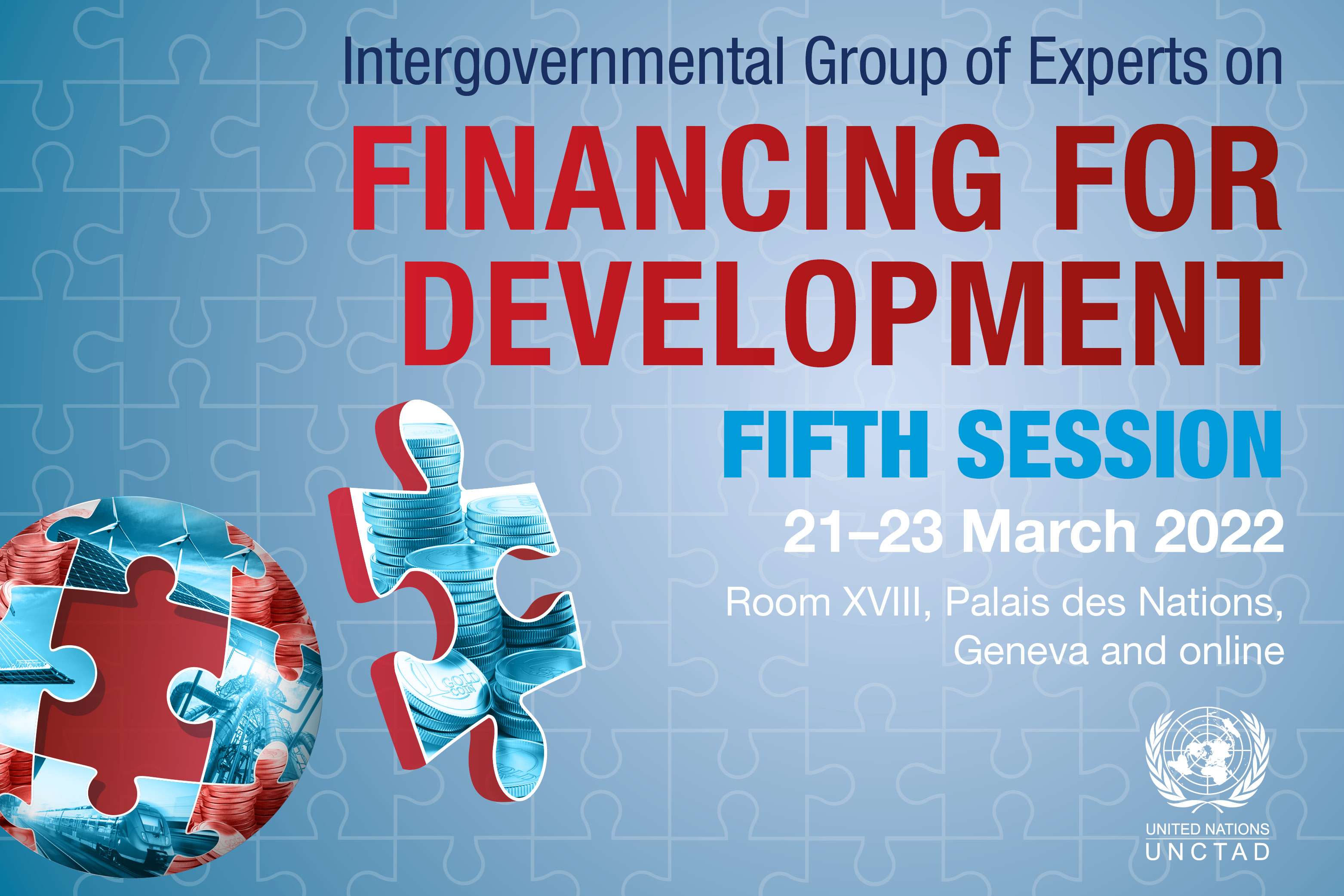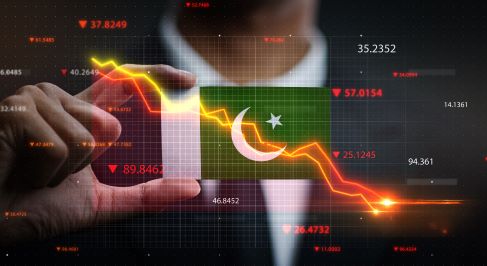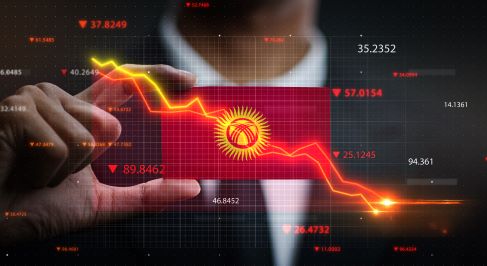


This study assesses Pakistan’s fiscal stimulus response to the COVID-19 pandemic, evaluating the degree to which it has managed to support a recovery, which is inclusive, green and forward-looking. In order to align recovery from COVID 19 to SDGs agenda of the country, it is crucial for Pakistan to; expand social protection, mainstream gender in all approaches and measures, roll-out a mass COVID-19 vaccination campaign, shift to green transport, cut fossil fuel subsidies and achieve an inclusive digital transformation.


Countries need to expand their policy space to adequately respond to short and long-term socio-economic challenges posed by COVID-19. They must expand aggregate demand to spur growth and, at the same time, reduce the debt levels of the public and private sectors. To this end, countries must have at their disposal, the required macroeconomic tool kit to monitor and control the vulnerabilities in the external sector. Capital controls are a key component of this tool kit.
The growth of developing economies is constrained by the performance of the external sector. Countries face an external constraint when their performance (current and expected) in external markets and the response of the financial markets to this (current and expected) performance delimit and restrict their scope for conducting domestic policies, including fiscal, exchange-rate and monetary policy.
This paper is an output from the project “Response and Recovery: Mobilising financial resources for development in the time of COVID-19”, which is co-ordinated by the Debt and Development Finance Branch of UNCTAD and jointly implemented with ECA, ECLAC and ESCAP.
In this report, we stress the importance of structural change and productive development as leading engines of post-Covid economic recovery. We do so by first putting emphasis on the perverse relation between underdeveloped productive structures and the intensity of the Covid-19 crisis. We then look at factors that may have harmed productive development in emerging and developing (EDE) countries over the last forty years.
This paper aims at taking stock of the progress achieved, as of April 2021, in creating synthetic indicators to measure financial conditions in developing countries, in accordance with the specifications of the project “Response and Recovery: Mobilising financial resources for development in the time of Covid-19”. The work presented herein draws on the conceptual framework defined in the literature on “financial stress”, which has mostly focused on advanced economies to date.